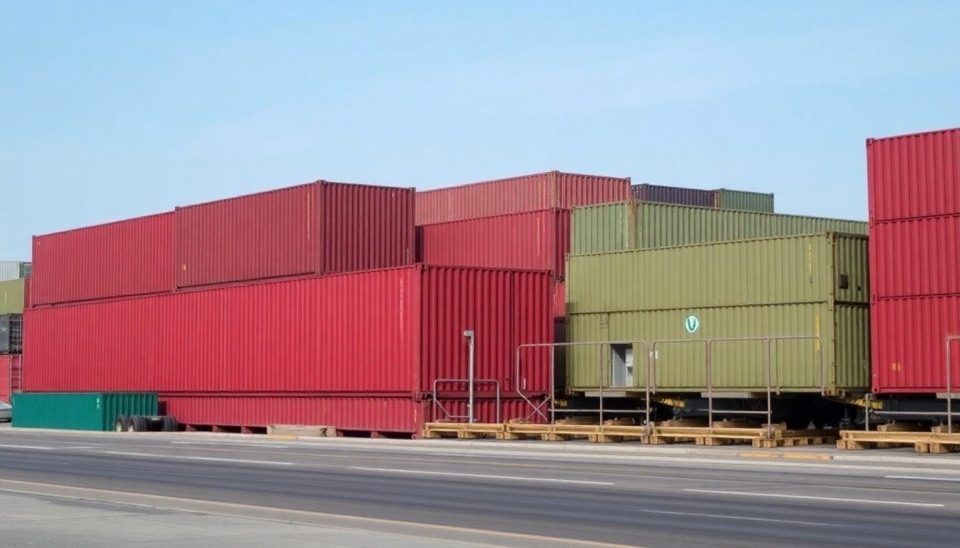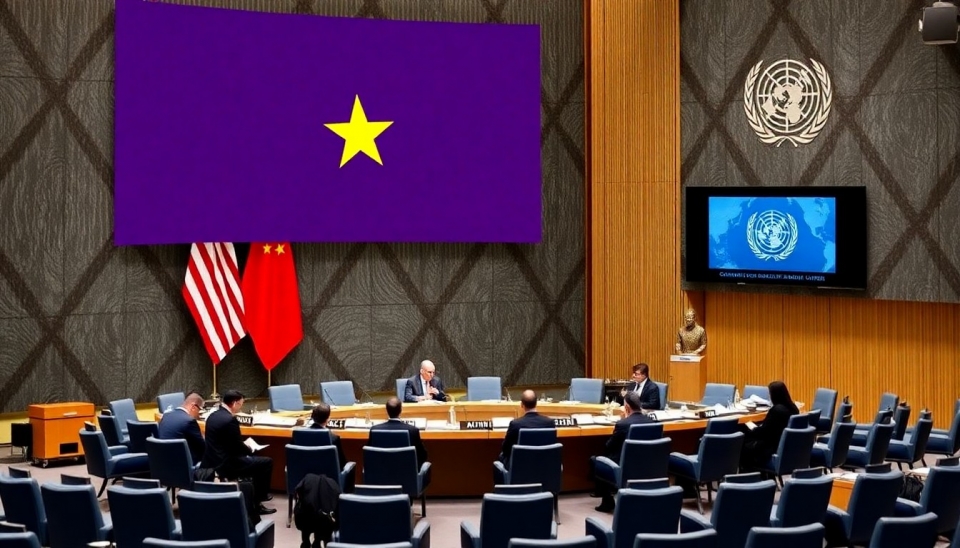Economic Worries: Plunge in Consumer Sentiment Under Pressure from Tariff Uncertainty

Recent data indicates a significant decline in consumer sentiment in the United States. This drop is attributed to growing recession fears and uncertainties stemming from tariff policies. A survey conducted by the University of Michigan revealed that the consumer sentiment index has fallen to 63.0, the lowest level since November 2022.
Consumers are expressing concerns about rising prices and future economic conditions. Issues related to inflation and the increase in tariffs are impacting household finances and their willingness to spend. Experts note that this decline in sentiment may negatively affect consumer spending, which plays a crucial role in economic growth.
Furthermore, growing fears in global markets and potential economic downturns are causing significant anxiety among consumers. The situation is compounded by new tariffs and potential measures that could be taken in response to international trade tensions. Each of these factors contributes to additional uncertainty, prompting consumers to reevaluate their financial plans and, consequently, feel insecure.
Some experts point out that while a recession may not be inevitable, the current state of consumer confidence could lead to an economic slowdown if the negative trend persists. Consumers feeling pressured on their budgets may cut back on spending, which in turn could have serious repercussions for businesses and investments.
In conclusion, if tariff uncertainties and recession threats continue to weigh on consumers, it may lead to long-term consequences for the U.S. economy. To avoid a recession, the government will need to take measures to restore citizens' confidence in the economy.




